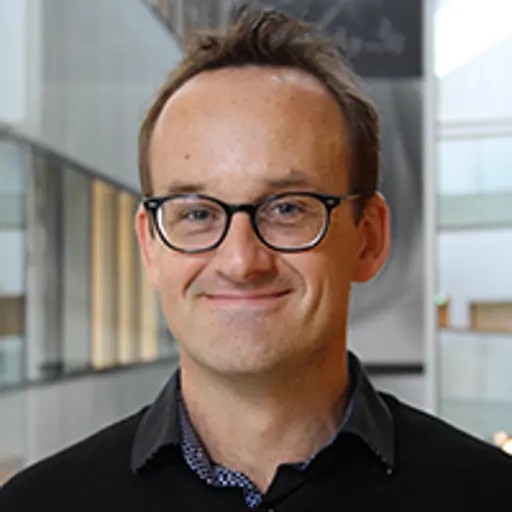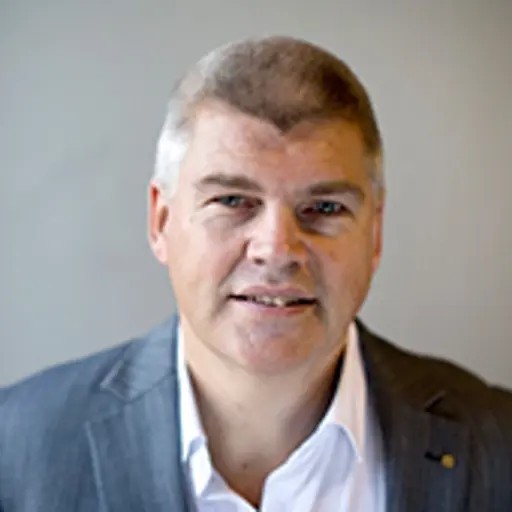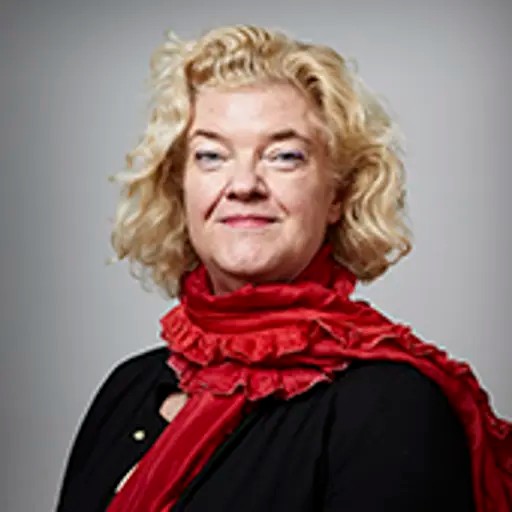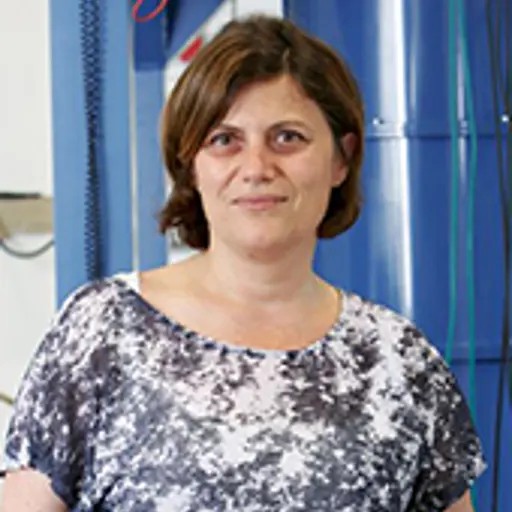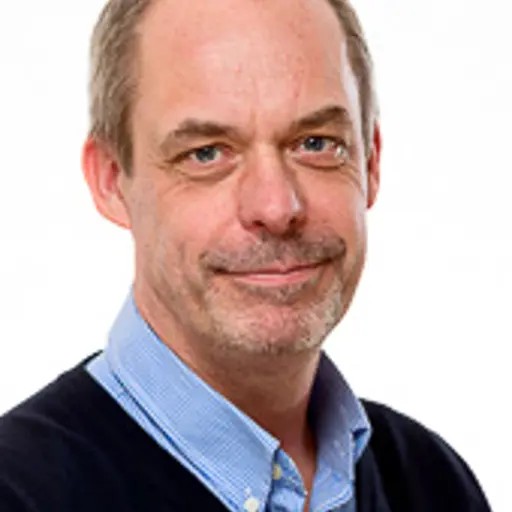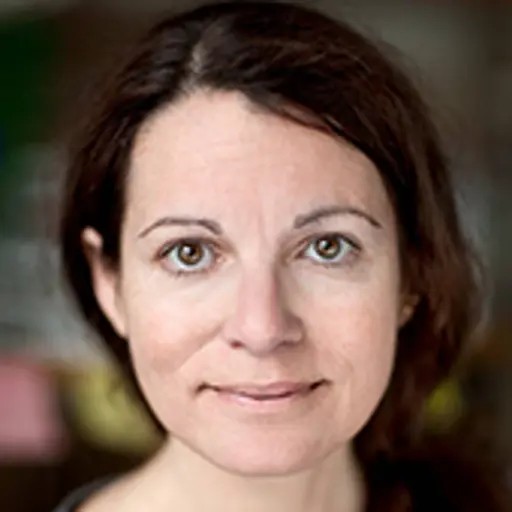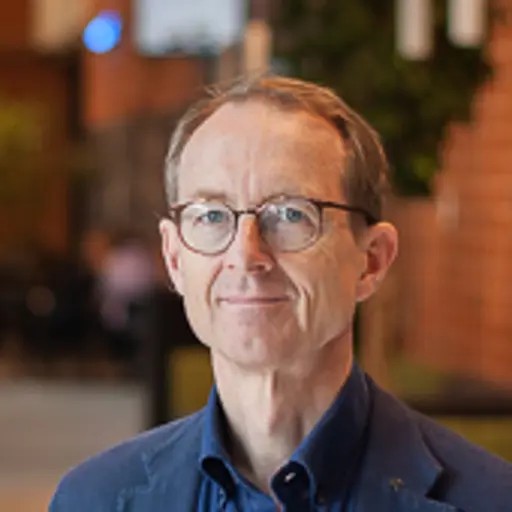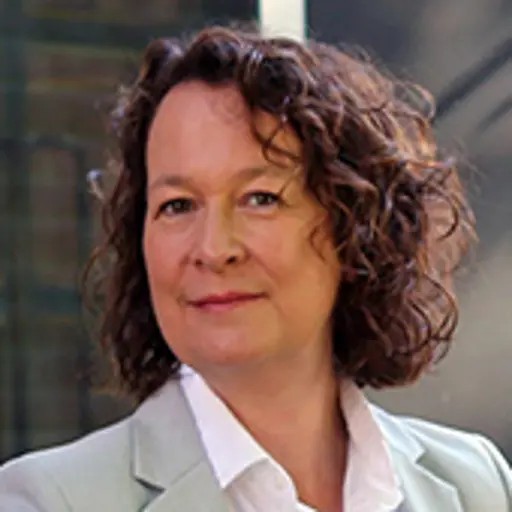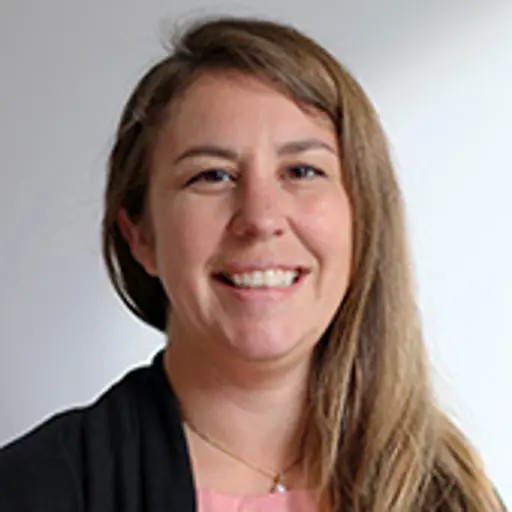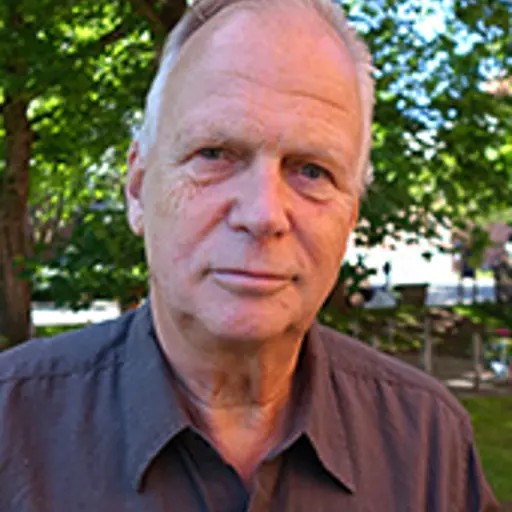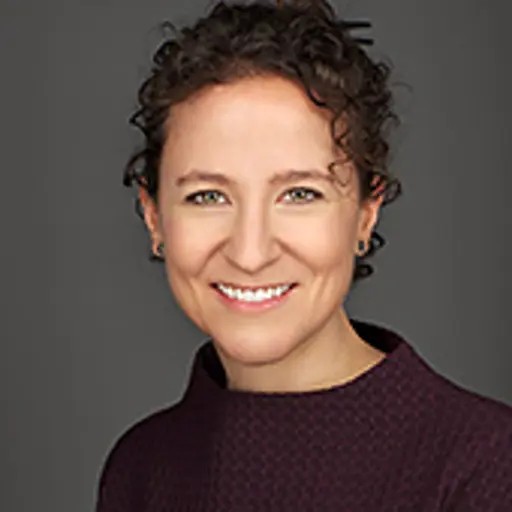On this page, we have gathered contact information for researchers at Chalmers who can answer journalists’ questions and comment on the announced Nobel Prizes.
Physics
Göran Johansson
Göran Johansson is a Professor of Applied Quantum Physics at Chalmers University of Technology and a member of the Royal Swedish Academy of Sciences’ Nobel Committee for Physics.
Göran’s research focuses on quantum physics—both its fundamental aspects and its applications in quantum technology. His work spans understanding how quantum physics functions in nature as well as how to harness these effects for technological applications. As director of Sweden’s largest research program in quantum technology, the Wallenberg Centre for Quantum Technology (WACQT), Göran is also leading the construction of the country’s most powerful quantum computer, aiming to solve problems far beyond the reach of today’s best supercomputers—with potential applications in drug development, medical treatment methods, AI, and machine learning.
- Full Professor, Applied Quantum Physics, Microtechnology and Nanoscience
Per Delsing
Per Delsing is a Professor of Quantum Technology at Chalmers and a pioneer in the field. For several years, he led Sweden’s largest research program in quantum technology, WACQT, coordinated by Chalmers. Per Delsing has spent nearly forty years exploring the boundaries and possibilities of quantum mechanics and has known Nobel laureate John Martinis for many years—a connection that led to Martinis being a visiting researcher at Chalmers in 2021. John Clarke has also visited Per Delsing and the Chalmers quantum researchers on several occasions and has been a guest researcher there.
- Full Professor, Quantum Technology, Microtechnology and Nanoscience
Eva Olsson
Eva Olsson is a Professor of Experimental Physics at Chalmers University of Technology. She is a member of—and has previously served as Chair of—the Royal Swedish Academy of Sciences’ Nobel Committee for Physics.
Her research focuses primarily on materials for future technologies, including catalysts, solar cells, and quantum structures. Her research group works on developing new methods for studying next-generation materials, mainly using electron microscopy, including in situ studies, quantitative imaging, and spectroscopy.
- Full Professor, Nano and Biophysics, Physics
Floriana Lombardi
Floriana Lombardi is a Professor of Quantum Device Physics at Chalmers and has deep expertise in the field recognized by this year’s Nobel Prize in Physics.
- Full Professor, Quantum Device Physics, Microtechnology and Nanoscience
Chemistry
Bo Albinsson
Bo Albinsson is a Professor of Physical Chemistry at Chalmers University of Technology, Department of Chemistry and Chemical Engineering, and a member of the Royal Swedish Academy of Sciences, Chemistry Class.
In his research, Bo Albinsson spans the entire spectrum of physical chemistry, from experimental molecular spectroscopy to theoretical modeling and quantum mechanical calculations.
His main interests concern mechanistic questions related to electron and energy transfer mechanisms — the fundamental processes at work both in natural photosynthesis and in all forms of solar energy conversion.
- Full Professor, Chemistry and Biochemistry, Chemistry and Chemical Engineering
Pernilla Wittung-Stafshede
Pernilla Wittung-Stafshede is a professor of biological chemistry, a member of the Nobel Committee for Chemistry, and the Royal Swedish Academy of Sciences (KVA). She has for many years been a professor at Chalmers University of Technology. Currently, she works as a professor of chemistry at Rice University in Houston, but she remains affiliated with Chalmers as an adjunct professor.
Wittung-Stafshede studies the role of proteins in brain diseases. Her research focuses on metalloproteins, which play important roles in the development of cancer, as well as on the misfolding of proteins that occurs in neurodegenerative diseases such as Parkinson’s disease.
- Visiting Researcher, Molecular Bioscience, Life Sciences
Lars Öhrström
Professor of Inorganic Chemistry at Chalmers University of Technology, Department of Chemistry and Chemical Engineering. He has studied the acclaimed field of Metal–Organic Frameworks (MOFs) for 30 years and is increasingly sought after internationally for his expertise. He has also written the first textbook on MOFs for BSc and master’s students.
- Director of Graduate Studies, Chemistry and Chemical Engineering
Medicine
Maria Faresjö
Maria Faresjö is Head of the Department of Life Sciences at Chalmers University of Technology and a Professor of Translational Immunology.
Her research focuses on the most common autoimmune disease among children, type 1 diabetes—an excellent example of an autoimmune disorder in which peripheral tolerance fails. Her research is therefore closely connected to this year’s Nobel Prize in Medicine.
Maria Faresjö has spent years studying how peripheral T cells, particularly regulatory T cells, behave in children with type 1 diabetes as well as in healthy children. The goal is both to identify peripheral regulatory T cells and to understand how these cells can be redirected in children with autoimmune diseases, with the aim of developing new treatments.
The three Nobel laureates have been—and continue to be—role models for Maria Faresjö’s research on how peripheral tolerance can be harnessed to combat autoimmune diseases in children.
- Head of Department, Life Sciences
Alexandra Stubelius
Alexandra Stubelius is an Associate Professor at Chalmers University of Technology and conducts research in nanomedicine, with a particular focus on how nanomaterials can be designed and used to understand and influence the immune system.
By combining biological insight with new technology, she develops tools to study immune signaling at the cellular level and to control immune activity with high precision. This is especially important in the treatment of autoimmune diseases, inflammation, and in the design of biomaterials such as implants—where the body’s immune response must be carefully balanced.
She can comment on this year’s Nobel Prize in Medicine from a research perspective on immune regulation. The discovery of regulatory T cells and their role in maintaining immune tolerance is highly relevant to Alexandra Stubelius’s work. She combines these insights to develop nanomedical tools that help understand and control immune system activity—with the goal of preventing it from attacking the body’s own tissues.
- Associate Professor, Molecular Bioscience, Life Sciences
Economics
Ove Granstrand
Ove Granstrand is Professor Emeritus of Entrepreneurship and Strategy, at Chalmers University of Technology, in the Department of Technology Management and Economics, and a member of the Royal Swedish Academy of Engineering Sciences (IVA).
He has conducted research and taught for 50 years on various empirical as well as theoretical relationships between technological innovations and economic or organizational change. In his doctoral dissertation from 1979, he was among the first to demonstrate how research, development, and economic growth interact at the micro level, and he has since shown how, in particular, technology diversification, technology markets, and multi-technology firms can drive growth.
He served as investigator and author of the Swedish government report on Patents and Innovations for Growth and Welfare and has participated in numerous expert committees within the EU. He is also the author of a textbook on innovation economics.
(As an emeritus professor, he is now also pursuing doctoral research in mathematics on how game theory can be used to analyze the relationship between individual value distribution and collectively generated value growth — for example, through research and development collaborations.)
- Professor Emeritus, Entrepreneurship and Strategy, Technology Management and Economics
Jessica Jewell
Jessica Jewell studies the pace and dynamics of policy-driven technological change, including how quickly new technologies grow and the role that policy plays in supporting technological transformation. One part of her research that is relevant to this year’s Economics Prize concerns how policymakers should balance support for new innovations through R&D policies on the one hand, while at the same time managing pushback against established technologies during their expansion.
This question is relevant to the work of this year’s laureates, who have shown that technological innovation has been one of the main drivers of economic growth, but that technological innovation inevitably leads to what is known as “creative destruction,” in which today’s companies and interests are harmed.
In her research, Jessica Jewell examines how policymakers balance the promotion of innovation with support for those who are negatively affected by it.
- Full Professor, Physical Resource Theory, Space, Earth and Environment
